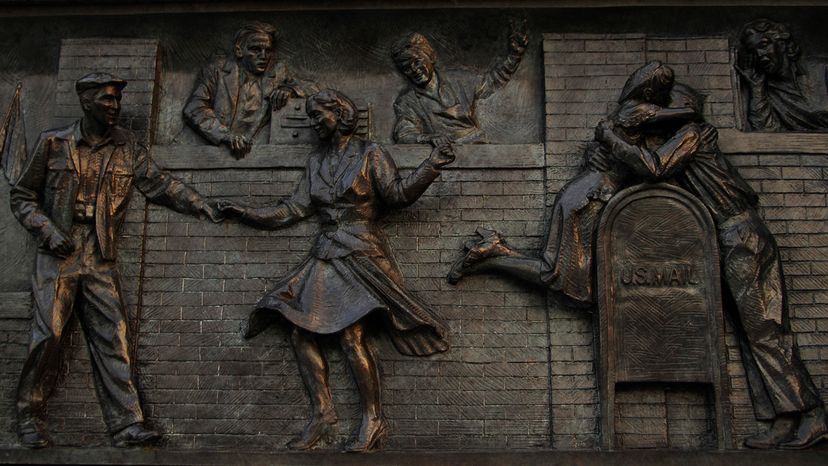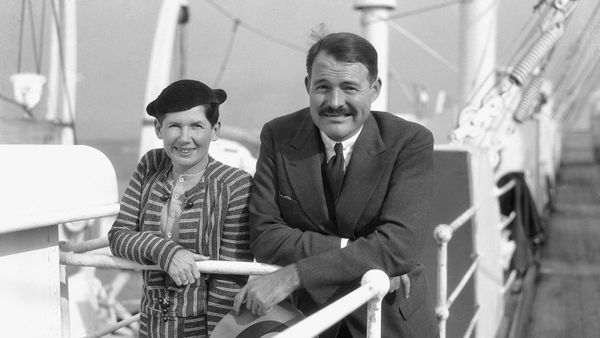
What makes one generation stand out as "the greatest"? According to journalist and former NBC Nightly News anchor Tom Brokaw, the young men and women who participated in World War II are the "greatest generation any society has produced." In his 1998 book, "The Greatest Generation," Brokaw praises them as "a generation of towering achievement and modest demeanor, a legacy of their formative years when they were participants in and witness to sacrifices of the highest order." Of course, not everyone agrees with this sentimental assessment, but its message clearly resonated with the American public; the book sold more than 2 million copies in its first two years in print [source: Larry King Live].
The generation about which Brokaw writes certainly experienced its share of transformative historical events. These men and women were too young to experience the disillusionment of World War I, optimistically hailed as "the war to end all wars." Many remember the relative economic prosperity of the 1920s, but they came of age during a more difficult period -- the Great Depression. When the Japanese bombed Pearl Harbor on Dec. 7, 1941, men from this generation volunteered by the hundreds of thousands to fight in World War II. Others served a supporting role on the home front, filling jobs left empty by the recently departed soldiers.
Advertisement
Once the war was over, this generation oversaw the American economy as it expanded to become the largest in the world. Its members lived through the turbulent 1960s, when civil rights and the controversy surrounding the Vietnam War tested the country's ability to adapt and progress as a nation. Many lived their final years in an age of rapidly advancing technology where personal computers and the Internet drastically changed how Americans lived. Unfortunately, more members of this generation pass away each day; of the approximately 16 million World War II veterans in the United States, only about 2 million were living in November 2010 [source: Veterans Affairs].
Now that you're more familiar with what "The Greatest Generation" lived through, read on to see how their experiences shaped their lives and how Tom Brokaw came to write a bestselling book about them.
Advertisement


